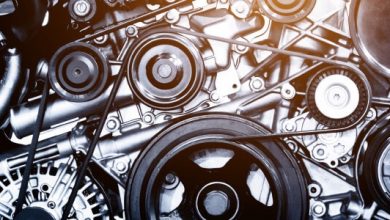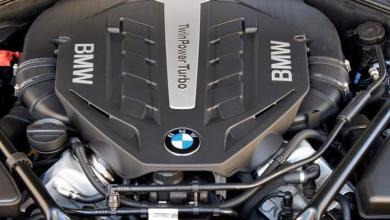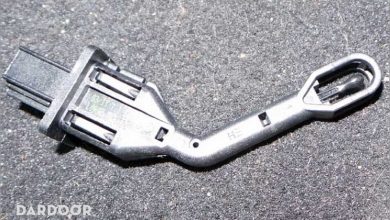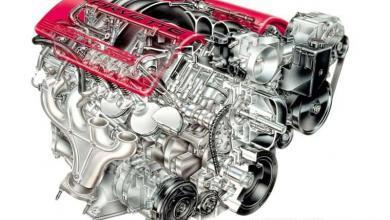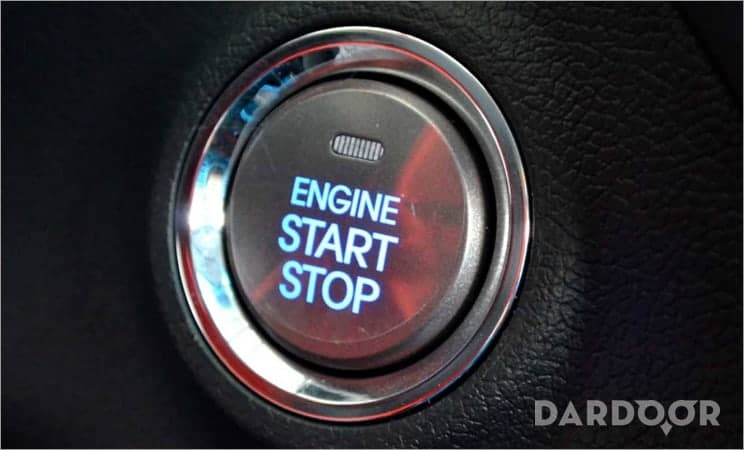
If your car isn’t starting or has a hard time starting, a faulty sensor may be to blame. Car sensors monitor data to keep your car running smoothly.
Today’s engines are complex and rely on multiple moving parts that must work together to operate efficiently. However, sensors are an often overlooked component that monitors fuel, electrical, cooling, and emissions systems. Although their job usually begins once the engine has already started, there are some sensors that might cause an engine not to start.
Noted below are a few of the sensors that, if they fail, could be the culprit of a hard to start issue.
Which Sensors Prevent the Engine from Starting?
Sensors do much more than simply record and send data to the ECU. In fact, most sensors are responsible for actually making the changes to critical systems such as ignition and fuel systems. Since any engine requires the correct air to fuel ratio and ignition timing to start, having a faulty sensor that can’t adjust these symptoms on the fly can cause the engine to not start.
There are many reasons why damaged sensors would impact the engine starting process such as:
Faulty sensors can keep your engine from starting, but this is often engineered in as a safety measure. For instance, the crank angle sensor or crankshaft position sensor may be located near the transmission belt housing and come in contact with water, which would prevent it from working. This sensor measures the position and speed of the crankshaft to ensure the pistons are timed for the right amount of combustion at the right time. Combustion timing needs to be accurate, or engine damage can occur. If the information isn’t sent to the engine computer, nothing will happen when you try to start the car as a way to prevent damage.
Dirty sensors will impact whether your vehicle starts. An example of this is the Mass Air Flow sensor or MAF. The job of this sensor is to let the computer know how much air is in the engine. As more come in, more fuel is also needed to maintain optimal ratios. Without the correct ratio, the engine won’t run. The MAF can become clogged with excessive carbon build-up from the combustion cycle, or sometimes by road grime. If it is too dirty, it will be unable to correctly measure the air-fuel ratio, and cause your car to not start or exhibit other unusual symptoms.
Preventing engine damage is another reason that a sensor fault can cause a hard to start problem. The oil pressure sensor on some models may prevent your car from starting if it isn’t working correctly. This sensor lets the computer know the correct oil pressure is present. Since the efficient flow of engine oil is required to maintain proper lubrication, a failed sensor or one that is not able to relay data can trigger a fail-safe mode in the ECU. If it sends a signal that the pressure is low, the computer may prevent the engine from starting. If the signal was sent in error or no signal sent at all, it may indicate you have a bad sensor.
Sensors play a vital role in the overall operation of your engine. If you have a situation where the engine is hard to start or will not start at all, have a professional mechanic test your sensors if you think one is causing the problem. Chances are it can be replaced so you can get back on the road.


